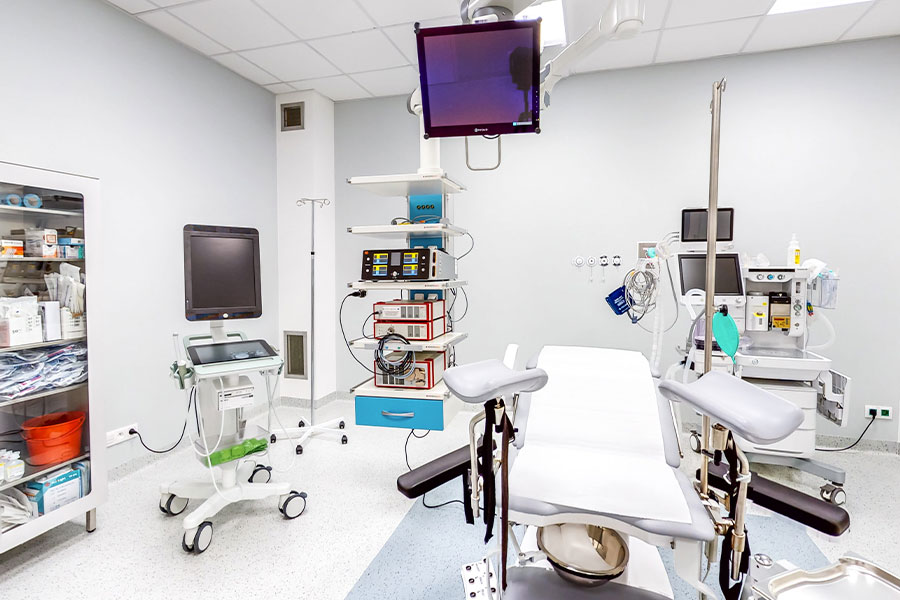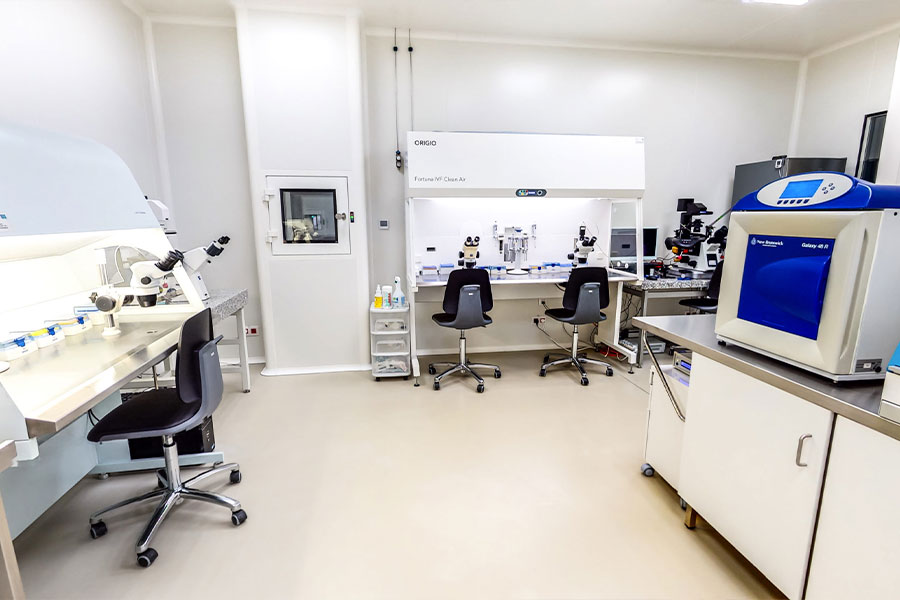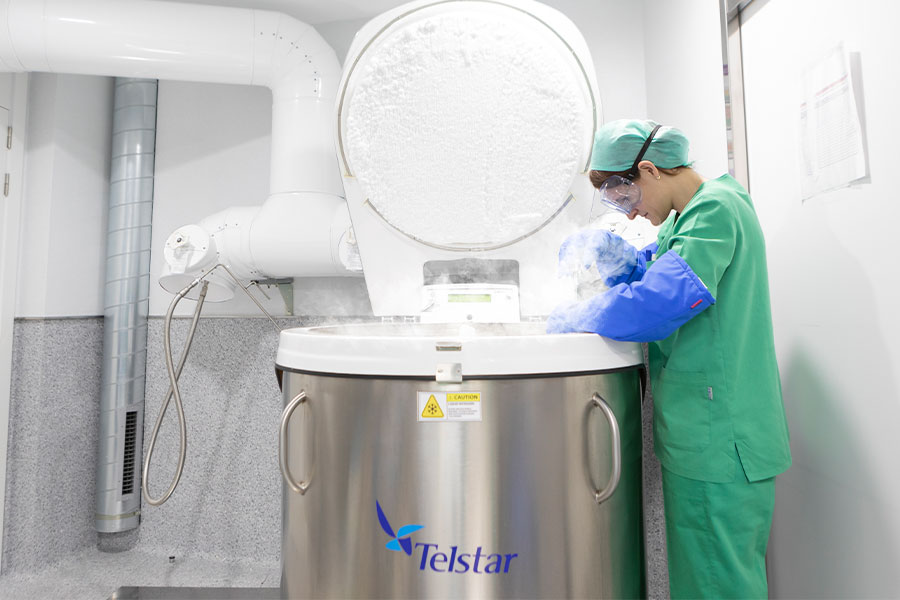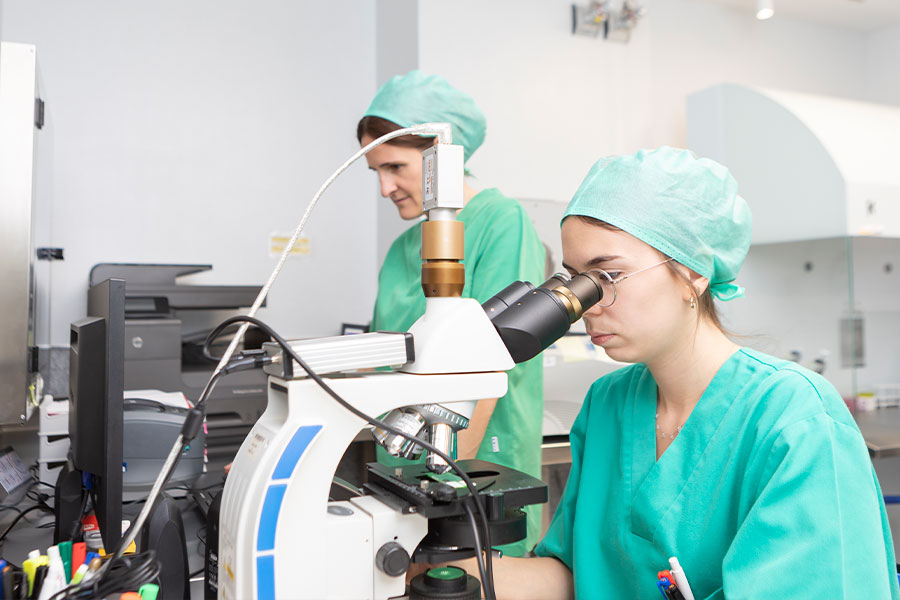Embryo Donation
Access to top quality, donated embryos
What is embryo donation with NOW-fertility?
Embryos are usually donated by patients who have been through IVF themselves and wish to donate any remaining embryos to help others. Alternatively embryos may be created using donor eggs and donor sperm specifically for the purpose of donation.
The use of donor embryos may be an option for couples with dual factor (female and male) infertility or single women unable to use their own eggs.
NOW-fertility offers embryo donation at our partner clinics in Greece, Poland and Spain.
NOW-fertility - Providing optimal support for the best chance of success
- No waiting time to start treatment
- Access to the best clinics worldwide with high success rates and latest technologies
- Available top quality embryos at blastocyst stage
- Available donor eggs and donor sperm to create embryos for own use
- Virtual consultations at times to suit you
- Multilingual and experienced team
- Personalised care for your individual needs and preferences
- Transparent and affordable pricing
How does it work with
NOW-fertility?
A dedicated clinical team at NOW-fertility is available 24/7 to support you every step of the way. Your consultations are carried out virtually at times to suit you.
Monitoring during your cycle is arranged close to where you live or work.
Travel to your chosen clinic is only necessary for a short period of time once you are ready for your embryo transfer.
- Patients considering embryo donation will complete the characteristics form before receiving the detailed donor profiles to help find a suitable match.
- Appointments with your consultant, nurse, care coordinator and counsellor will be arranged virtually to discuss each step of the treatment and receive adequate advice and support.
- Once the matching donated embryo(s) are found and your treatment plan is confirmed, the hormone treatment will commence to prepare the endometrium in readiness for the embryo transfer, which will take place at your chosen clinic.
Is embryo donation right for me?
- Patients who cannot use their own eggs or sperm to conceive
- Couples with a history of unexplained recurrent miscarriages or multiple unsuccessful IVF cycles
- Infertility that involves both partners, or infertility in a single woman
- Patients with a genetic disorder or serious medical condition that could be inherited
Where can I have embryo donation with NOW-fertility?
- Greece
- Poland
- Spain
Contact NOW-fertility to learn more about Embryo Donation
Our care team are here to explore your fertility journey and guide you through your options.
Our expertise in embryo donation
Our aim is to provide the most efficient stress-free and successful treatment, based on your own needs and preferences.
We work in partnership with a wide choice of clinics worldwide, enabling us to offer you the most suitable and most affordable individualised treatment as well as easy access to already available donated embryos or donor sperm and donor eggs to create new embryos for your own use.
Our multilingual team of consultants, nurses, care coordinators and counsellors are here to support you throughout.







Why we are different
- Global network of clinics
- Treatment personalised to you
- Transparent, individualised pricing
- Virtual appointments & enhanced monitoring
- Multilingual expert team
Ready to start your journey?
Our commitment is to make fertility care accessible, successful and stress free for patients.
If you are ready to start your journey, book a consultation with one of our experienced fertility consultants.

